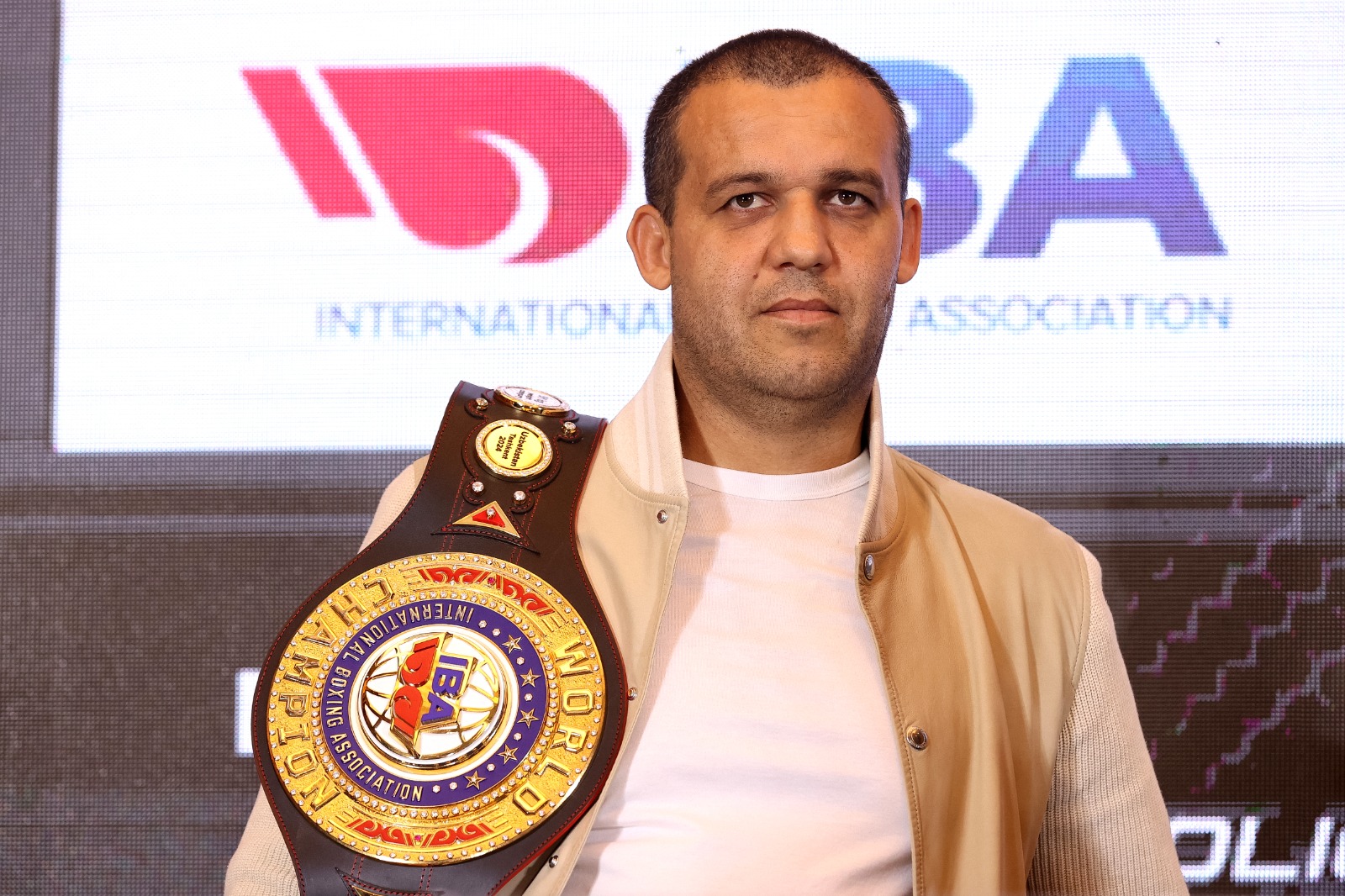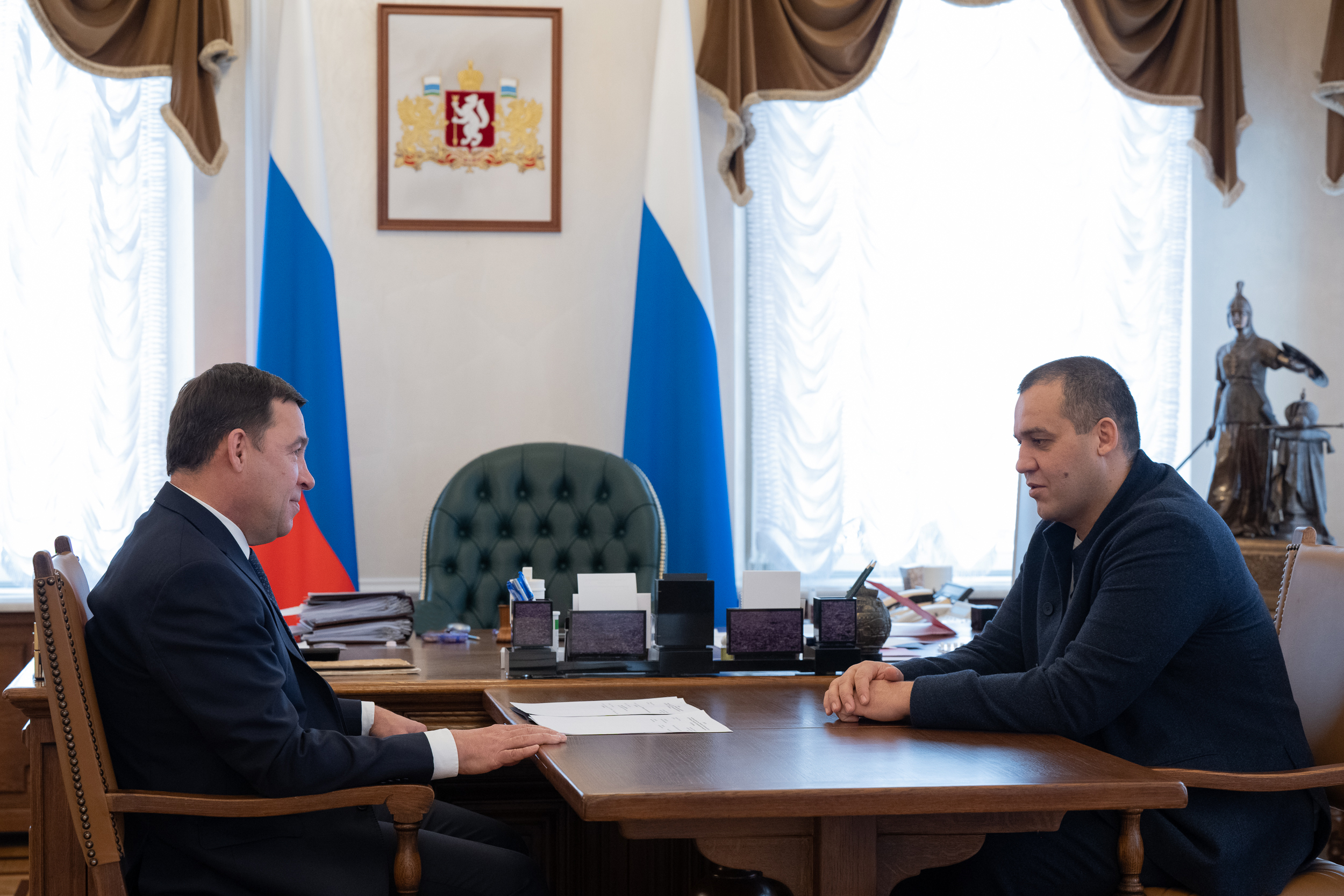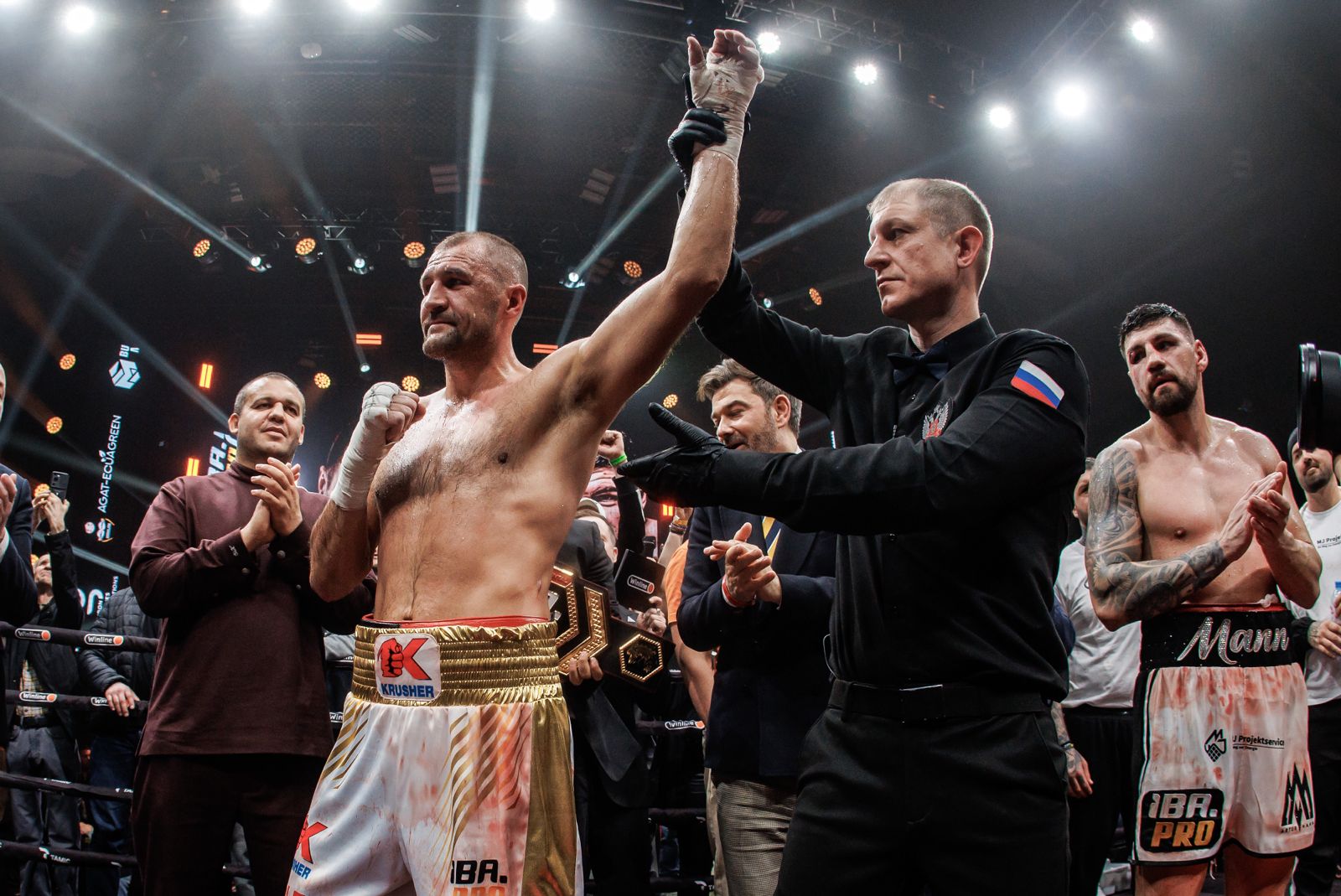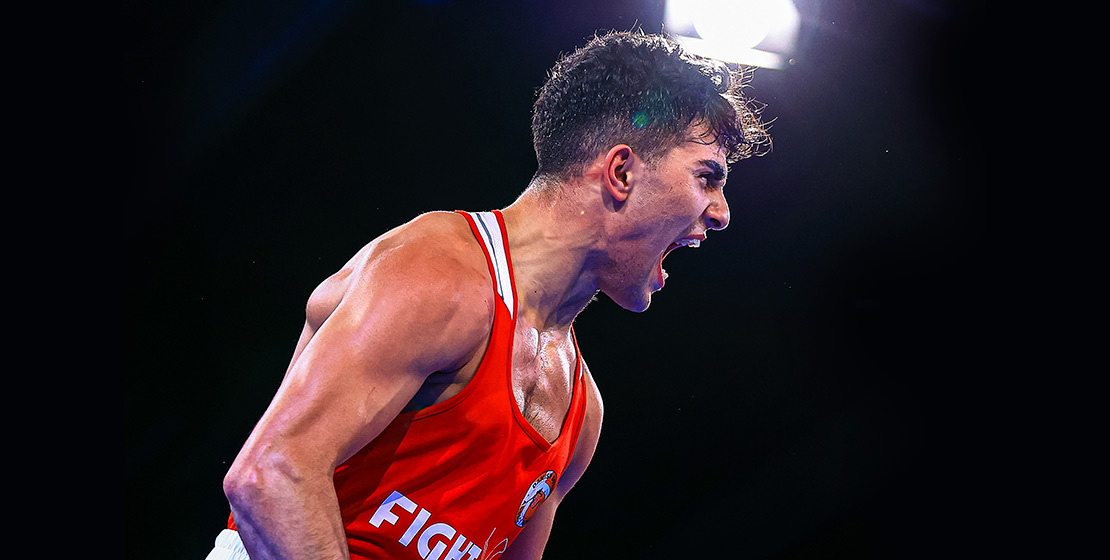Spotlight on Mike Keane, Boxing Scotland Performance Director and National Coach
May 25th, 2017 / IBA
This week saw an AIBA delegation arrive in Scotland for a series of meetings and visits with the National Federation in a bid to foster further success for the nation that won its first Youth World Championship gold at the end of 2016. With the EUBC qualification tournament on the horizon, we spoke to Mike Keane, Boxing Scotland’s Performance Director and a National Coach since 2010, to get his perspective on developments in the sport that he has been involved with for nearly four decades.
You have had a long and distinguished career in boxing, but how long have you been a part of Scotland’s national team?
I have been involved in the National set up since 2005, attending various Multi-Nation Tournaments and the Youth Commonwealth Games in Melbourne in 2006. I have been a National Coach since 2010, when I took the team to Delhi for the Commonwealth Games, and I have been Performance Director since 2015.
How far has boxing in Scotland moved forward as a result of the new long-term thinking and five-year plans put in place since 2009?
In terms of performance we have achieved our best-ever results with a first World Championship gold medal in 2016 and regularly winning medals at AOB Competitions. From an educational point of view, we have an enviable coaching education system whereby not only are our national-level coaches receiving the most up-to-date methods and processes, but they are also awarded with a Government-recognised qualification. Thanks to the High Performance Centre, we are also now delivering all our training in a centralised base.
What has been the high point of your career so far with Boxing Scotland?
It is difficult to compress it into just one to be honest, but Delhi 2010 (when we won gold, silver and bronze), Glasgow 2014 (the two golds and two bronze) and, of course, the recent gold medal we won at the AIBA World Youth Championships in 2016 are certainly up amongst my personal highlights.
What do you feel still needs to be done to fully capitalise on the sport’s current wave of success and popularity?
We must continue to invest in our young boxers. The average age of our Elite Team is 20 years old, and an increase in funding would ensure that we can train more boxers on a more regular basis and also run a greater number of residential camps both at home and overseas.
What is the current status of women’s boxing in Scotland and what is being done to encourage more young women to take up the sport?
Boxing Scotland has seen a massive increase in female participation. We are constantly on the lookout for more talent from other sports, and we have been to a number of tournaments with our female boxers and had some success. We will continue to coach and train our women athletes and hope to see one in the Olympic Games in the future.
What are your goals over the coming Olympic Cycle to Tokyo 2020?
We hope to have a few of our boxers qualify for the 2017 World Championships through the upcoming European Championships, and there is no doubt that with the talent we have at present we can achieve a medal finish in Hamburg. The medal target for the 2018 Commonwealth Games is five or more, however this will depend on the final number of boxers that Commonwealth Games Scotland allocates to us. We presently have three of our Boxers on the GB Programme and, coupled with the emerging talent we have, there is no reason why Scotland could not be represented in Tokyo 2020.
As AIBA pursues closer relations with the AIBA Family at large, how important is this week’s visit for the development of boxing?
I cannot express enough the importance of AIBA’s visit this week and with Dr Wu himself in attendance, the impact this visit will have to all our Boxing Scotland Family is unprecedented. The excitement and interest created this week will raise the profile of the sport in every dimension for the boxers, the clubs and the supporters.






